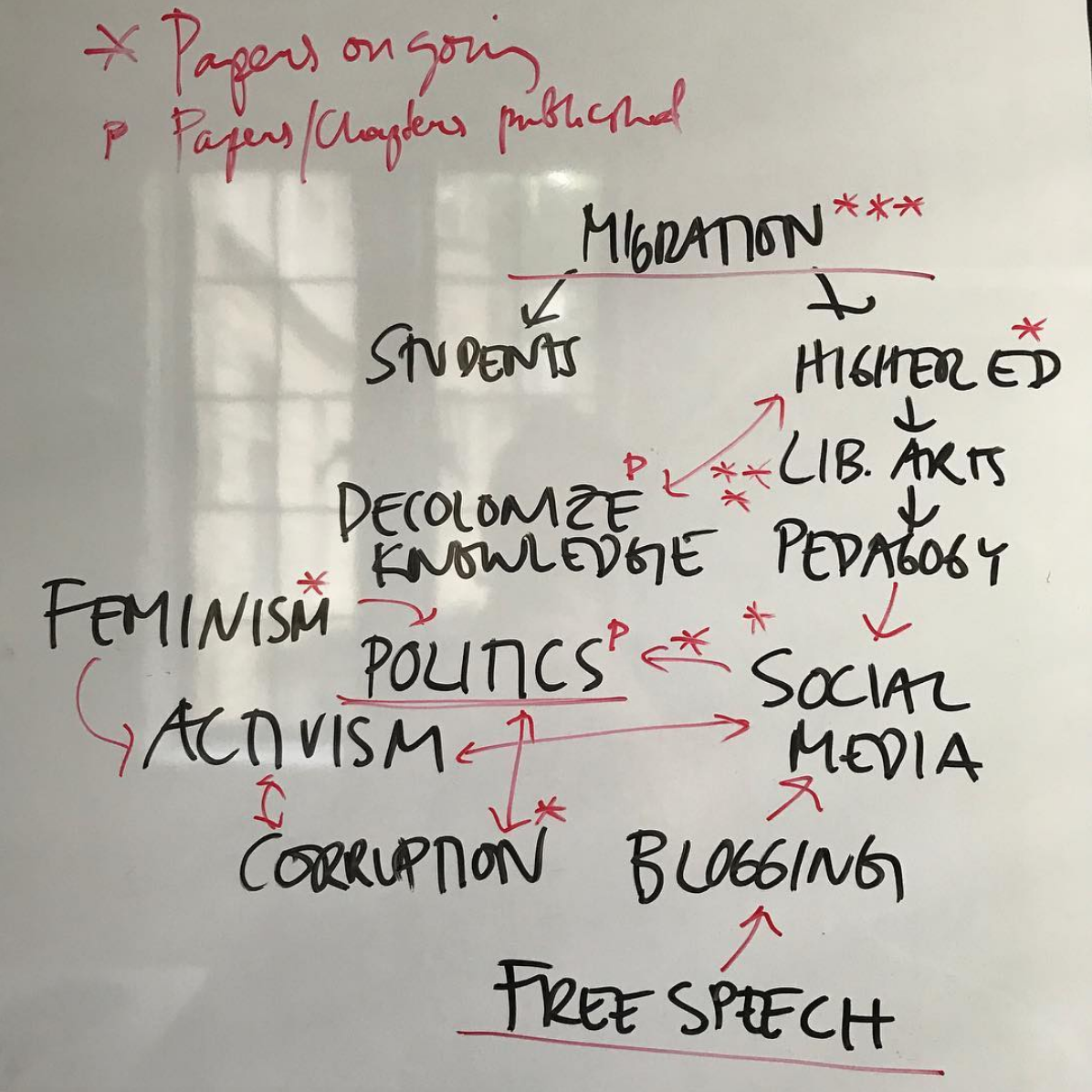 A few weeks back, I got a shout-out from AccraDOTAlt / the organizers of the initiative TalkParti (that I have posted on here and here) to back the documentary they are making. Using a website called Kickstarter, they ask for people like you and me to donate money for a documentary film.
A few weeks back, I got a shout-out from AccraDOTAlt / the organizers of the initiative TalkParti (that I have posted on here and here) to back the documentary they are making. Using a website called Kickstarter, they ask for people like you and me to donate money for a documentary film.
Gbaa mi sané means “talk to me” in local language Ga. According to the AccraDOTAlt Kickstarter site:
“the aim of this documentary project is three-fold: 1) to document a youthful Accra, bold and cool enough to pull taboo subjects wide open 2) to get personal with young Ghanaians about their experiences on the margins of these subjects – as a lesbian woman, or a transgendered man, or a happy atheist, or a struggling artist in Ghana and 3) to exhibit the pulsating spirit of the indie music scene – the backbeat of Accra – through captivating performances and interviews with featured musicians.”
As I have been to many of these TalkParti events and experienced the uniquely creative and open atmosphere, today I was glad to donate USD 25. Although I find the aims of the documentary important and worthwhile, I have a slightly more personal reason for supporting the project. I want to show that documentary to my kids and say “Mommy was there when it all started!”
Do you think its important to document your surroundings?
(and if you by any chance also want to make sure this documentary is made, go to the Kickstarter page and follow the instructions, still one week to go before the opportunity to pledge is closed )
UPDATE: The project is now fully funded. Congrats to all of us and time to get to work, AccraDOTAlt!








